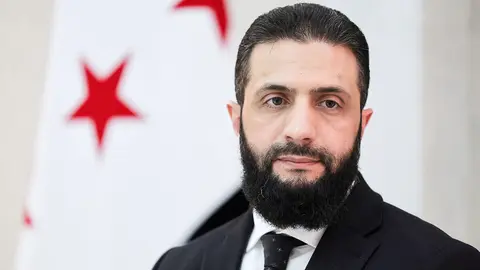The United States celebrates the agreement between Al-Sharaa and the Syrian Democratic Forces
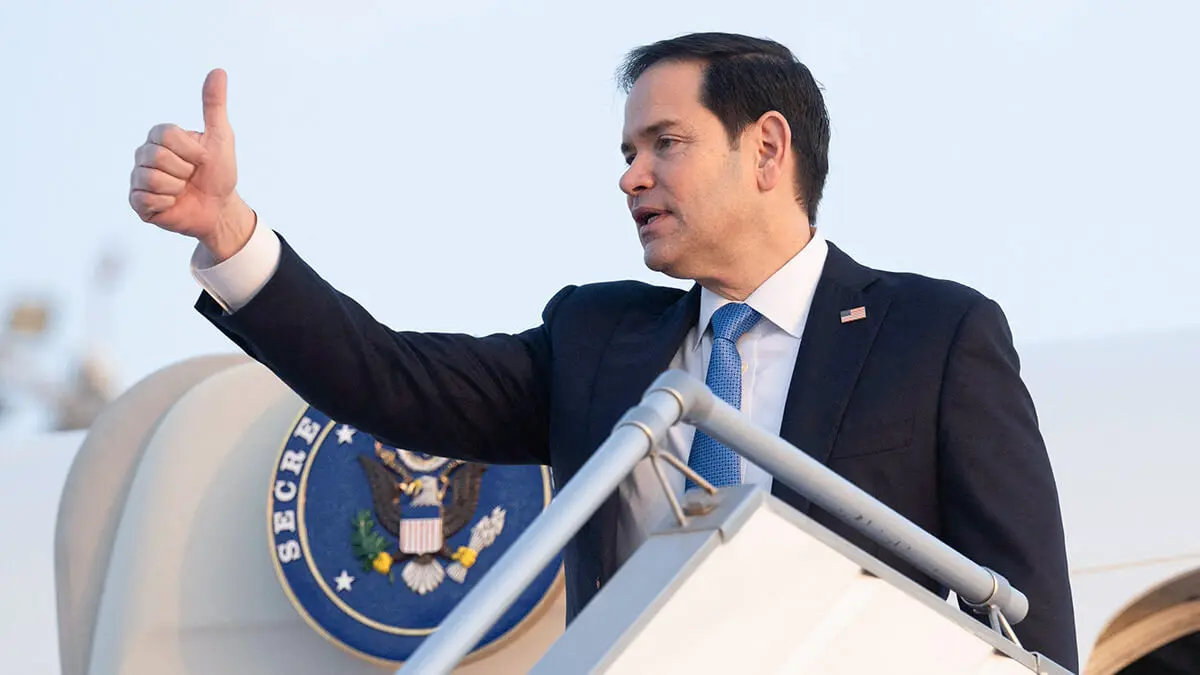
After five days of attacks on the Alawite population, in which more than 1,500 people were killed, Ahmed Al-Sharaa, President of Syria, and Mazloum Abdi, commander of the Syrian Democratic Forces (SDF), finally signed an agreement to integrate all forces, both civilian and military, within the framework of a unified Syria.
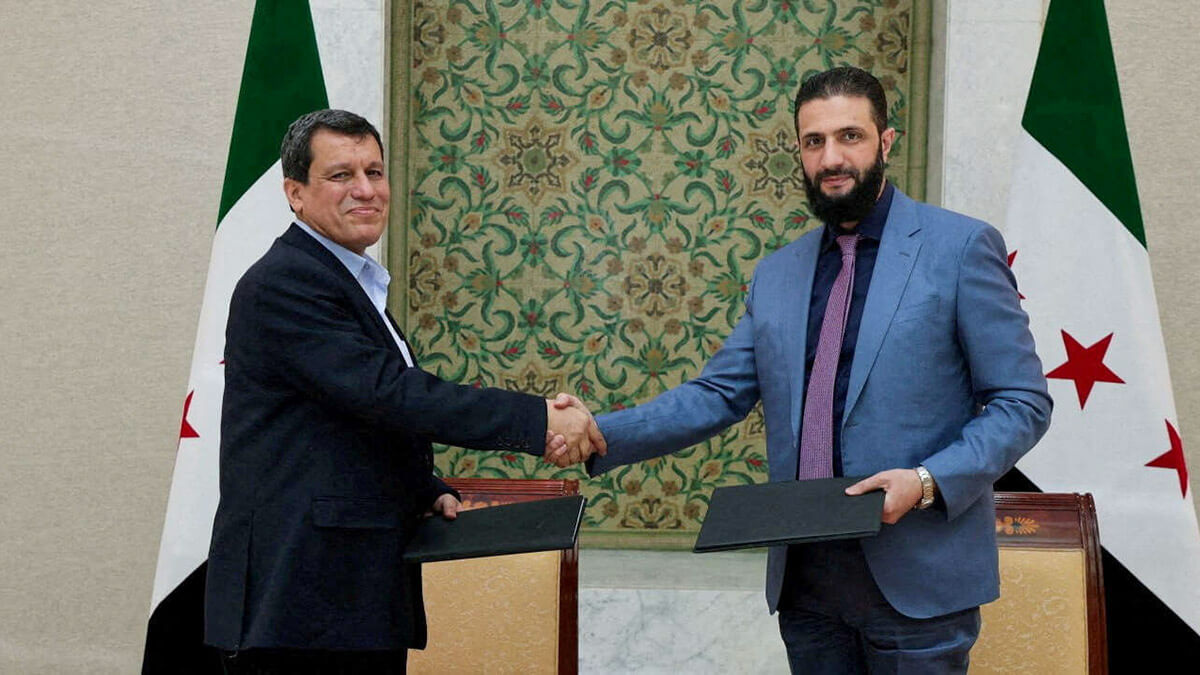
This agreement was welcomed by Marco Rubio, the US Secretary of State, who expressed his support for any treaty or pact that would help the reunification of the Syrian state.
‘The United States welcomes the recently announced agreement between the Syrian authorities and the Syrian Democratic Forces to integrate northeast Syria into a unified Syria,’ said Marco Rubio.
On the other hand, Marco Rubio also rejected the deadly violence against minorities and emphasised that he is closely following the decisions being made by the interim authorities regarding those responsible for the more than 1,500 deaths that have occurred in the last week.

Damascus and control of the oil industry
Despite the fact that the fighting in the north of Syria threatened the stability of the country, the agreement centred on the control of the country's capital, Damascus; the border crossings; the control of the airports; and the national oil industry.
For the Kurdish side, that is to say the FDS, which controls the north of the country, where the majority of the country's oil fields are concentrated, it is a great deal as it would allow a unified Syria to exploit and take advantage of the oil fields. On the other hand, for the Al-Sharaa government, the pact will bring stability, as well as putting an end to the violence that has ravaged the country since January 2011.
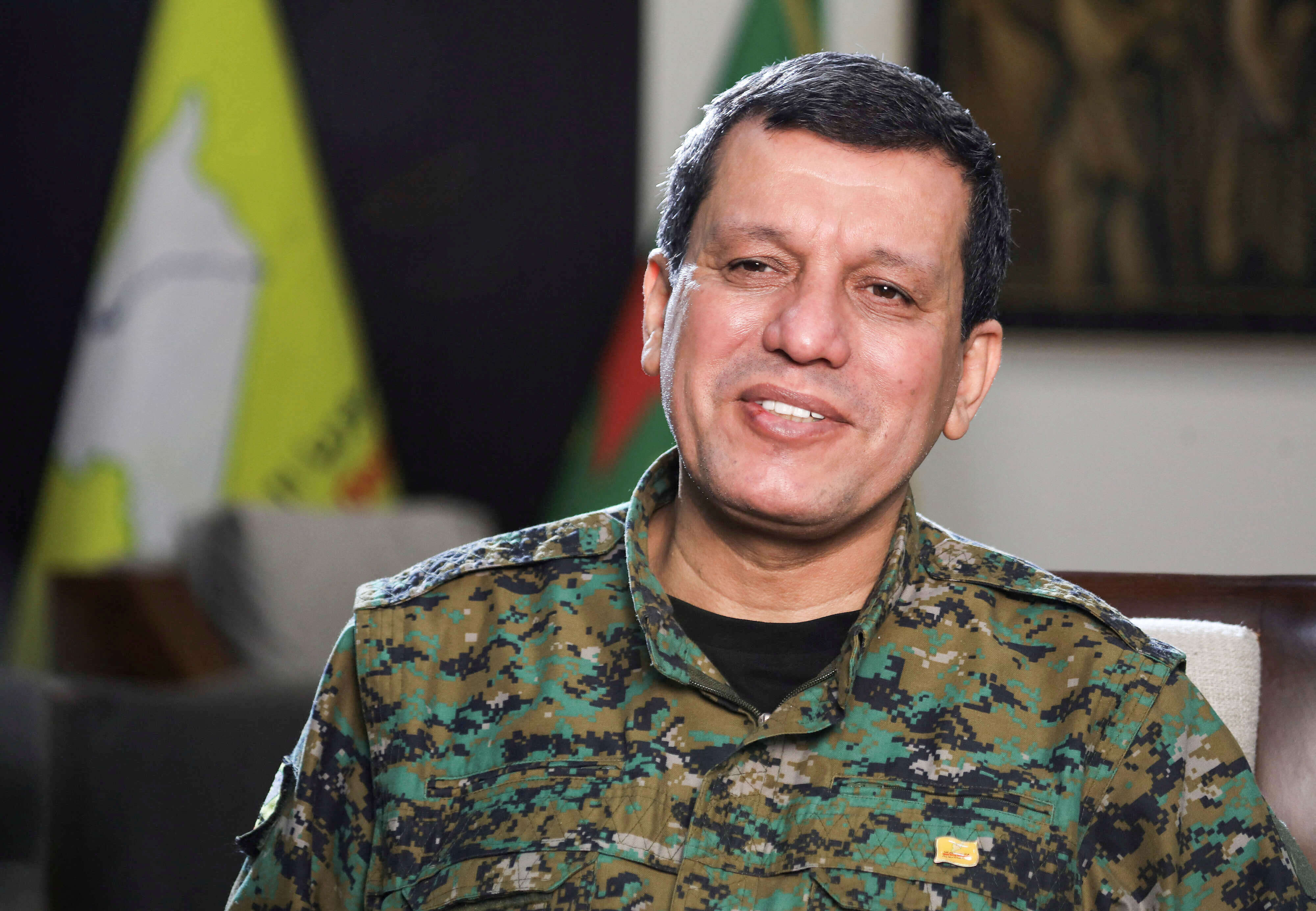
Specifically, the agreement established: the restoration of control of Damascus; border control; control of airports; and control of the oil and gas fields in north-eastern Syria, where it is estimated that 70% of all the country's hydrocarbons are located.
The document signed between the Syrian interim government and the SDF also guarantees ‘the rights of all Syrians to representation and participation in the political process’, regardless of their ethnic or religious origin; in addition to recognising the Kurdish community as an ‘indigenous community of the Syrian state’.
The agreement also establishes a negotiated ceasefire throughout the country, thus ending the offensive launched against the villages where the hundreds of Alawis murdered during the last week were living. Finally, it was agreed that the safe return of the thousands of internally displaced persons to their respective cities would be guaranteed by the state, as would the return of the more than 8,000 displaced persons who fled to Lebanon after the wave of violence that shook the north of the country.
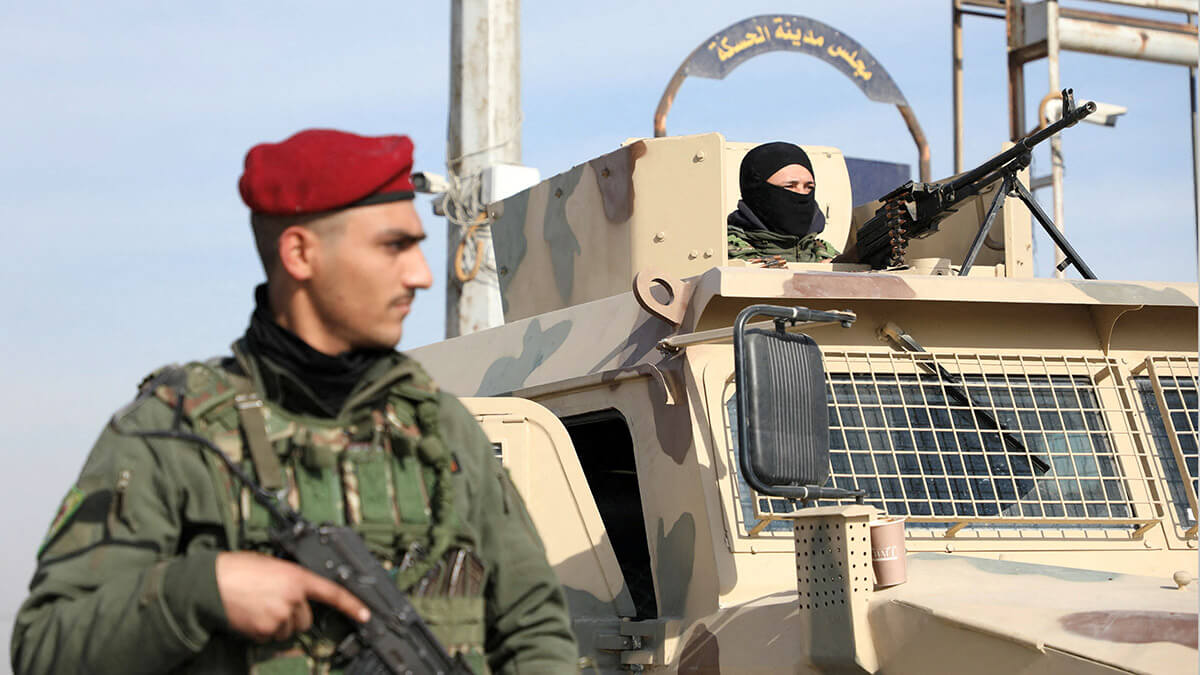
Al-Sharaa establishes a commission of inquiry
In parallel to the signed agreement, the Syrian leader asked the Public Prosecutor's Office to open an investigation to clarify who was responsible for the massacres carried out on the country's northern coast. This commission was established after the Syrian Observatory for Human Rights (SOHR) established the need for an investigation into such crimes perpetrated against the Alawite population.
Both Al-Sharaa and the spokesman for the committee that will study the case, Yasser Al-Farhan, stated at a press conference broadcast on national television that ‘no one is above the law’.
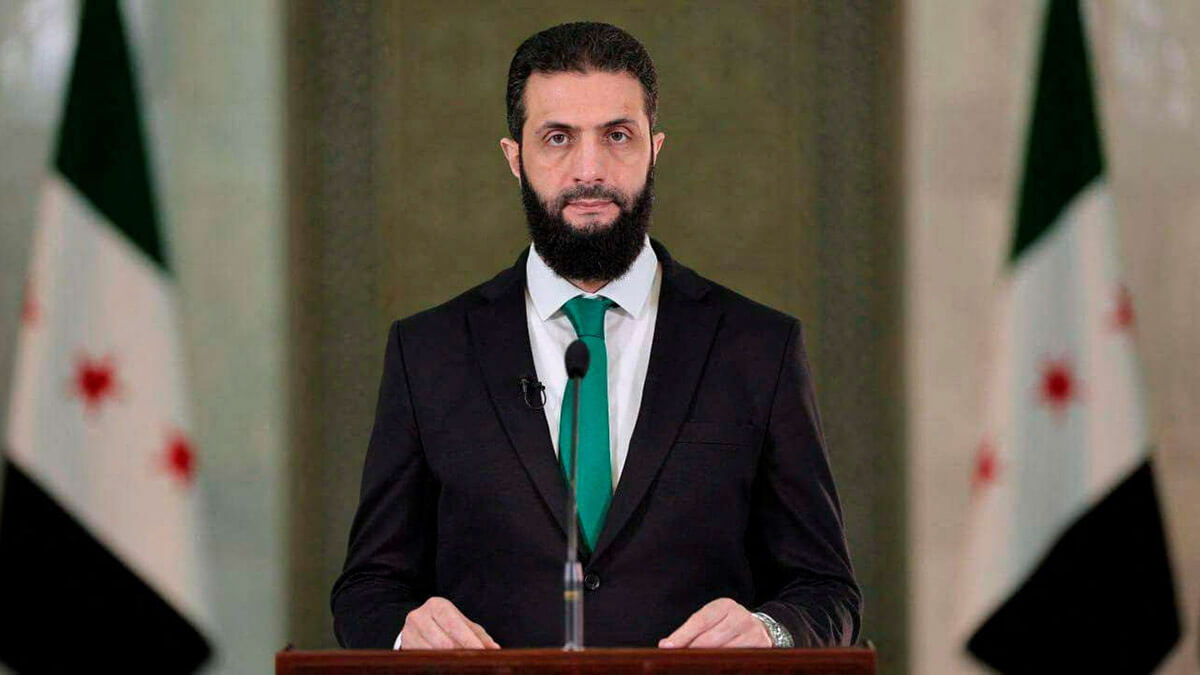
At the same press conference, it was made clear that it is still unknown whether the forces of the Ministry of Defence, where many people close to the former regime of Bashar Al-Assad are still active, were involved in the events.
‘The committee will send all its conclusions to the authority that issued them, to the Presidency of the Government and to the Judiciary,’ concluded Yasser Al-Farhan.
Finally, Farhan confirmed that anyone who can offer information to clarify the facts will be studied and questioned, and that anyone showing signs of being involved will be referred to the judiciary for trial.

